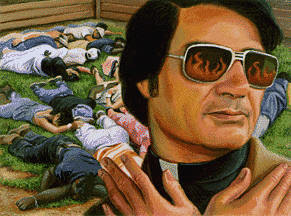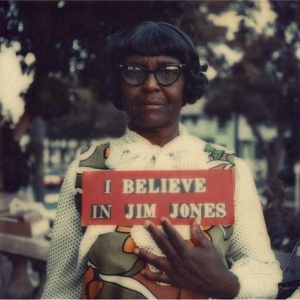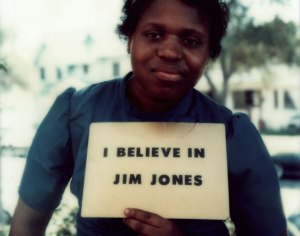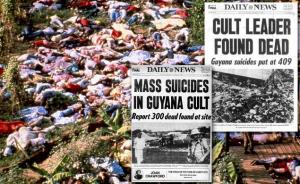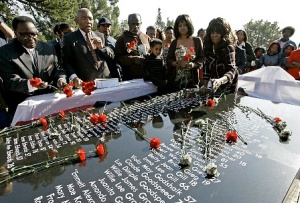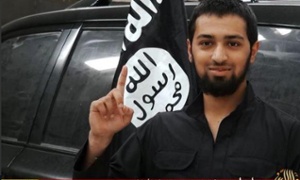The Syrian oil industry took off in 1968, when the Karatchok oil field began production after a pipeline connecting it to the Homs refinery was completed, although Syria did not begin exporting oil until the mid-1980s. Although Syria is not a major oil exporter by Middle Eastern standards, according to the International Monetary Fund, oil sales for 2010 were projected to generate $3.2 billion for the Syrian government and account for 25.1% of the state’s revenue.
Before the civil war the two main pillars of the economy were agriculture and oil, but since the civil war? Syria is heavily dependent upon the revenue it gets from its oil which is a pity. Particularly given the fact that ISIS now controls a third of Syrian territory, and as a consequence most of its oil and gas production.
The Syrian government used to have business links to Anglo-Dutch Shell, the French oil and gas company Total, and the British oil and petroleum company Gulf Sands Petroleum. It also did oil and petroleum business with the American and Egyptian co-owned company Improved Petroleum Recovery (IPR).
Alas, President Assad’s brutal mistreatment of his people has put paid to these links for the time being.
Though not to his business ties with Russia’s Stroytransgas and Soyuzneftegaz.
In fact in July 2014 Tass, the Russian news agency reported that Stroytransgas had signed a $264 million deal with a Syrian state company for the first stage of a $2 billion project to irrigate farmland in the country’s north-east. The first stage of the project to comprise the construction of a pumping station near the country’s border with Turkey and Iraq. All this whilst President Assad battles ISIS and sundry other opposition groups for control of the country. impressive.
Now you may have noticed that although the focus of this post appears to be oil and petroleum production, the only images so far are of the same dead body. But I digress, so let the blog post continue! The Syrian Ministry of Petroleum and Mineral Wealth and Russian energy company Soyuzneftegaz signed an deal on oil and gas offshore exploration in the Syrian capital of Damascus on December 25, 2013. So, Soyuzneftegaz became the first foreign and Russian company which was granted the right for oil exploration, development and production at Block-2 in Syrian territorial waters.
The company believes that oil exploration in Block-2 will take no less than five years, Shafranik said in an interview with British news agency Reuters. Upon results of oil exploration the company will make a conclusion whether commercial oil production is expedient there.
“If there is no possibility of normalising the situation throughout the country at once, the situation should be stabilised gradually in regions where it is possible to conclude an agreement,” Reuters quoted Shafranik as saying.And once the situation in ‘patches’ of Syria has been achieved?
“Then humanitarian aid should be provided, and then we should move on to energy projects, removing obstacles to them including any sanctions slowing down the country’s economic recovery,” he added. Shafranik also dwelt on plans to build an oil pipeline between Iraq and Syria. Shafranik sounds all heart to me (for a businessman) for once he’s accessed the oil he & his company are prepared to contemplate salving the wounds of Syria’s remaining populace.
Don’t you get the impression that although France, the United Kingdom, Egypt & America have lost out on oil and petroleum profits, as a consequence of the Syrian conflict, the Russians as ever, are sitting pretty? That state of affairs must really grate with the Americans, the French and the British. Particularly when one considers the situation in the Ukraine, with Russia’s Gazprom supplying over half of the Ukraine’s gas and 30% of Europe’s gas each year.There’s Chevron, Shell and Exxon Mobil all set to go shale gas exploring (that’s fracking to me and you) in Western Ukraine, when Russia invades the Crimea thereby throwing a spanner in the works. And now it would seem that Russia intends to further consolidate its presence in Syria.
Last week the Israeli daily Yedioth Ahronoth cited Western diplomatic sources saying that Russia was on the verge of deploying “thousands” of troops to Syria to establish an airbase from which the Russian air force would fly combat sorties against Isil.
Those details appear to be backed by satellite images of a Russian base under construction near Latakia, according to anonymous intelligence officials quoted by several American newspapers. Moscow increasingly justifies its support for the Assad regime by pointing to the rise of violent jihadists in Syria. That’s right, just like the United Kingdom’s Prime Minister David Cameron, Vladimir Putin is mightily concerned about the rise of ISIL in Iraq and Syria. So much so that he has ‘put boots on the ground’ to protect the well-being of President Basher Al-Assad and the Syrian people, naturally.
And whilst I’m at it, for the sake of decency I should include the Syrian casualty stats; 191,369,000 Syrians are estimated by the UN to have died up to and including August 2014, at least 5,000 of those deaths will have been children. Those who have so far drowned in the Mediterranean? They number 2,600 but the talk amongst nations is not truly about these casualties and it should be.
Instead, the conversation is all about the oil and petroleum centred, geopolitical manoeuvrings of the self-same nations (America, the United Kingdom, France) who are supposed to be enthusiastically embracing sustainable energy and the impending Paris World Climate Summit. Cold war politics are firmly back on the menu, and next to that nothing, not the Syrian people, not even the eventual fate of the world counts.
















